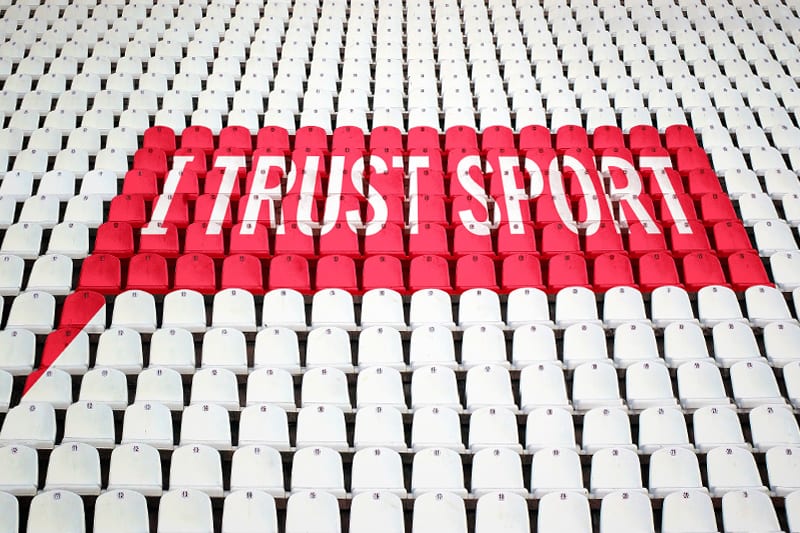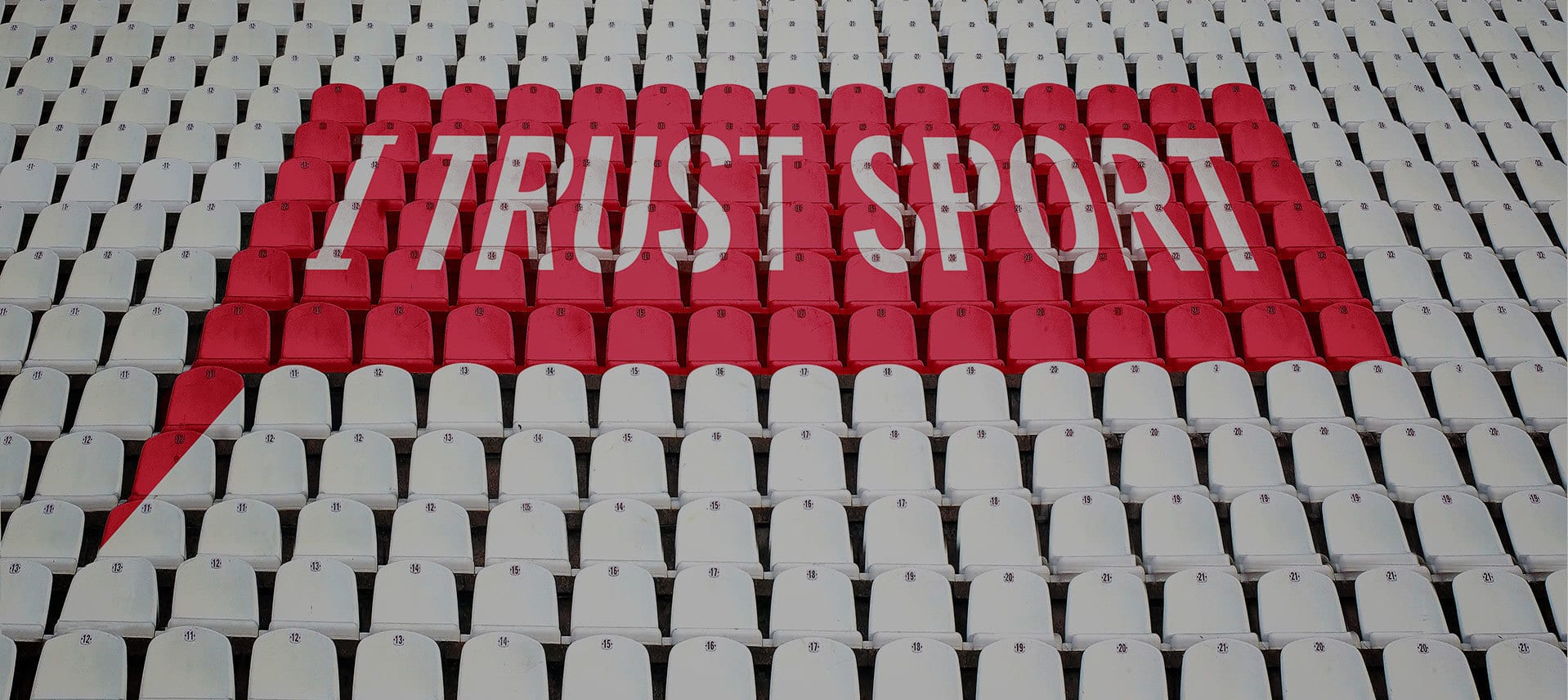(Source: Google Trends)
As the sports season reaches its peak, it has been a testing couple of weeks with a stream of serious issues which could undermine the enthusiasm of even the most loyal and forgiving sports fans:
- Two Turkish football clubs banned from competition by UEFA over match-fixing allegations
- 41 Italian football clubs raided by the police investigating tax and money laundering cases
- Huge crowds on the streets in Brazil protesting, among other things, about the high cost of organising the FIFA World Cup
- Further revelations about doping by former cycling stars Jan Ullrich and Laurent Jalabert
- Safety concerns in Formula One as five drivers suffered dangerous tyre failures during the British Grand Prix
And yet I see reasons for optimism. I’m encouraged that some of the big challenges facing sport are being debated in a way that would have been improbable a few years ago:
1) Debate among Ministers of Sport: I was fortunate to attend the recent MINEPS conference hosted by the German Government in conjunction with UNESCO where about 130 of the world’s Ministers of Sport agreed a joint Declaration of Berlin. There were numerous recommended actions to preserve the integrity of sport. It remains to be seen whether the declaration results in effective measures but the open discussion was a welcome step.
2) More recognition of match fixing as a serious issue: in addition to disciplinary sanctions imposed by the likes of UEFA (as mentioned above), Google Trends analysis shows a general pattern of increase in searches for “match fixing” from 2009 to the end of June 2013 with an obvious spike that coincides with the case of Pakistani cricketers accused of spot-fixing in July 2010 (see graph above). It’s not a hugely scientific study but the growth in web searches is likely to result from increased media coverage. Several factors are probably driving the media coverage, including increased attention from sports administrators and high profile legal cases.
3) Closely fought elections in sport: there is lively debate ahead of the election for the UCI Presidency. The exchanges are robust but important issues are being discussed. A competitive election has just taken place for the Presidency of the Asian Athletics Association and there are six candidates for the IOC Presidency, all with varying backgrounds and points of view.
Public debate is uncomfortable at times - it’s not much fun to see sporting heroes shamed or to have to question historic results - but open dialogue is necessary if the serious issues facing sport are to be tackled. The flurry of scandals in sport is evidence that sports organisations and events are being scrutinised by media and the broader public more than ever before.
I believe that those organisations and individuals which act to ensure the integrity of their sport will eventually reap the rewards by earning the trust of their audience and stakeholders.
I Trust Sport is ready to play a role in improving the governance of international sport through collaboration. Will you join us?


